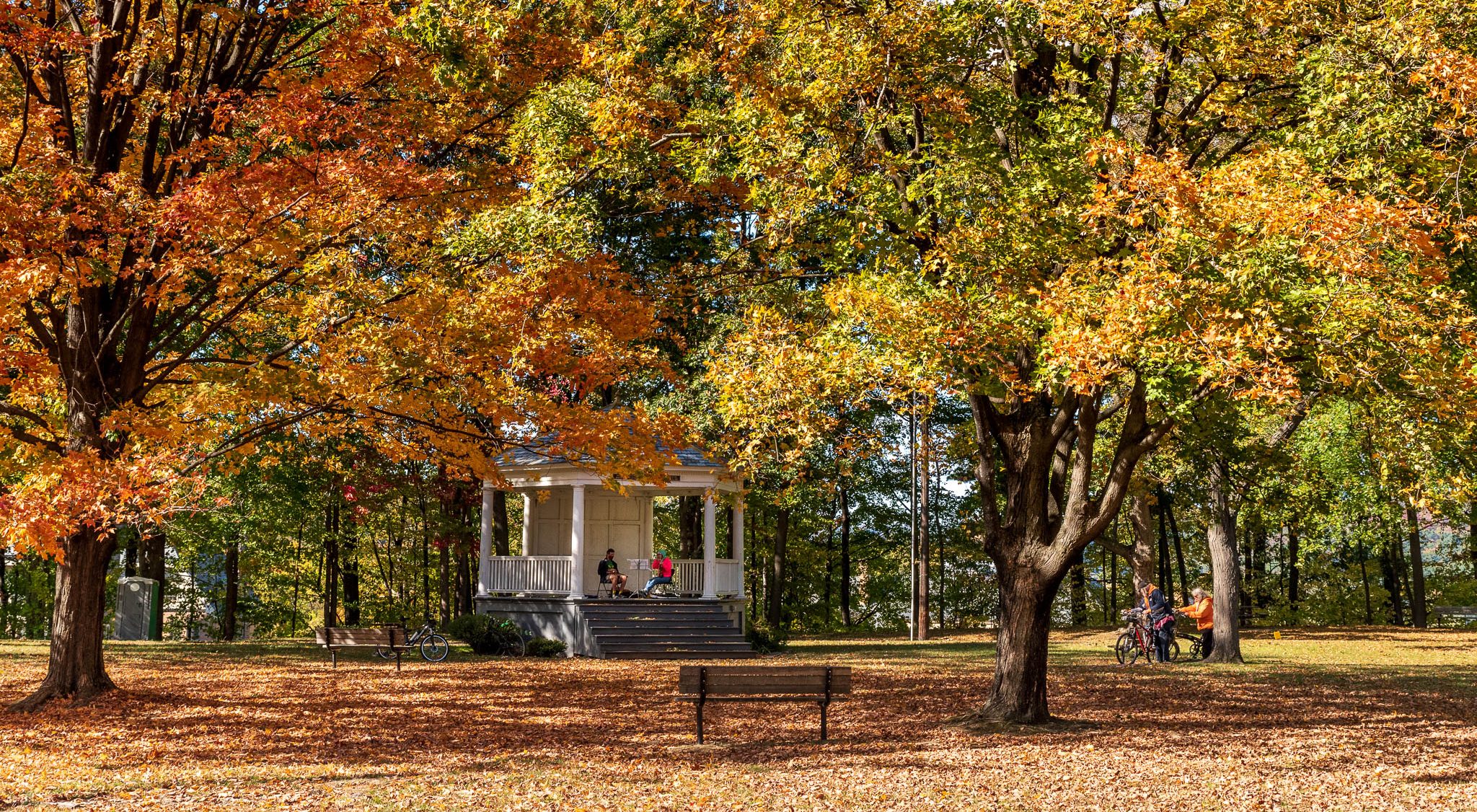Over its long history, Vermont has seen its share of challenges. From deforestation, droughts, and flooding, our landscape has shown its strength and ability to recover. But Vermont has also been resilient in the way we come together to address our problems. Climate change isn’t new, and historical crises like flooding and drought are worsening. Weather disruptions are coming at us all at once, and the severity of their impacts are all the more apparent. Now more than ever, Vermont communities are planning for our climate future, by putting infrastructure for resilience in place, and devising new systems that adapt to our rapidly changing reality.
Much of the recent action on climate has been at the state policy level, but Vermont’s Climate Action plan identifies strategies and actions that municipalities can engage in to prepare and respond to a changing climate. On Saturday October 15, conservation commissions, climate scientists, activists, and environmentalists from around the state will be convening to discuss these strategies at the Association of Vermont Conservation Commissions (AVCC)’s Annual Summit at the Lake Morey Resort.
Taj Schottland (Trust for Public Land) and Zoe Richards (Burlington Conservation Commission) will be providing the keynote address, which will touch on the growing movement of towns and cities across the country that are turning to nature-based climate solutions rooted in three climate-action objectives: improve community resilience, reduce greenhouse gas emissions in the atmosphere, and address long-standing structural inequities that have resulted in low-income and historically disenfranchised populations being disproportionately impacted by the climate crisis. This work is being led by a coalition of NGOs, researchers, and municipalities working together over the last three years to pilot new approaches, document benefits, and build the capacity of others to use nature to deliver climate action. The keynote will explore the latest science behind nature-based climate solutions, share resources and lessons learned from a network of cities advancing nature-based climate strategies, and highlight how Burlington, Vermont’s largest city, is doubling down on nature-based climate action to reduce emissions, improve public health, and create a more equitable and resilient city.
Other workshops include:
- Intact Freshwater Systems Build Climate Resilience (Jon Groveman and Karina Dailey, Vermont Natural Resources Council)
- Peeling “Resiliency” Like an Onion (Ben Rose, VT Emergency Management)
- Developing a Municipal Climate Toolkit: Expanding Your Town’s Capacity to Tackle Climate Change (Marian Wolz, Climate Action Office at the Agency of Natural Resources)
- Using BioFinder to Learn about Climate Resilience (Jens Hilke, VT Fish & Wildlife Department)
- VT Climate Forecasts and Thoughts on Adaptation (Lesley-Ann Dupigny-Giroux, State Climatologist)
- Town Action Towards Resilient Community – You Are the Hero You Seek (Chris Campany, Windham Regional Commission)
- and more…
Mark Nelson, Chair of the Association for Vermont Conservation Commissions, stated, “After two years of holding ‘virtual’ conservation summits, the Association of Vermont Conservation Commissions’ annual Conservation Summit is back in person. This event offers an important opportunity for Conservation Commission members and others to gather and share ideas about protecting Vermont’s natural resources.”
For more information on AVCC and the important work of conservation commissions around the state, and to register for the AVCC summit, click here.
###




